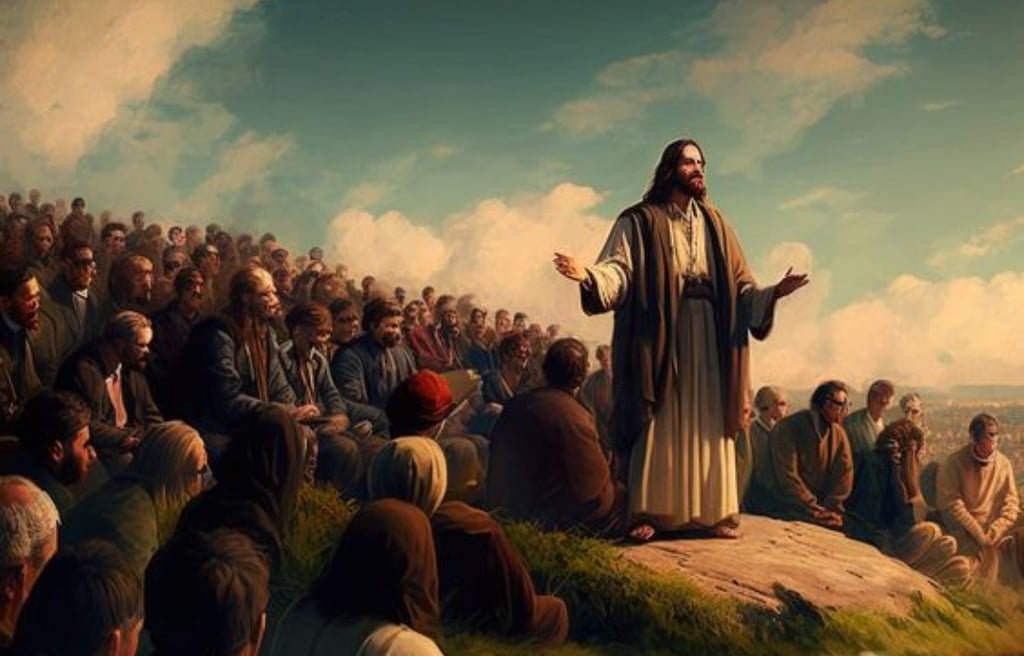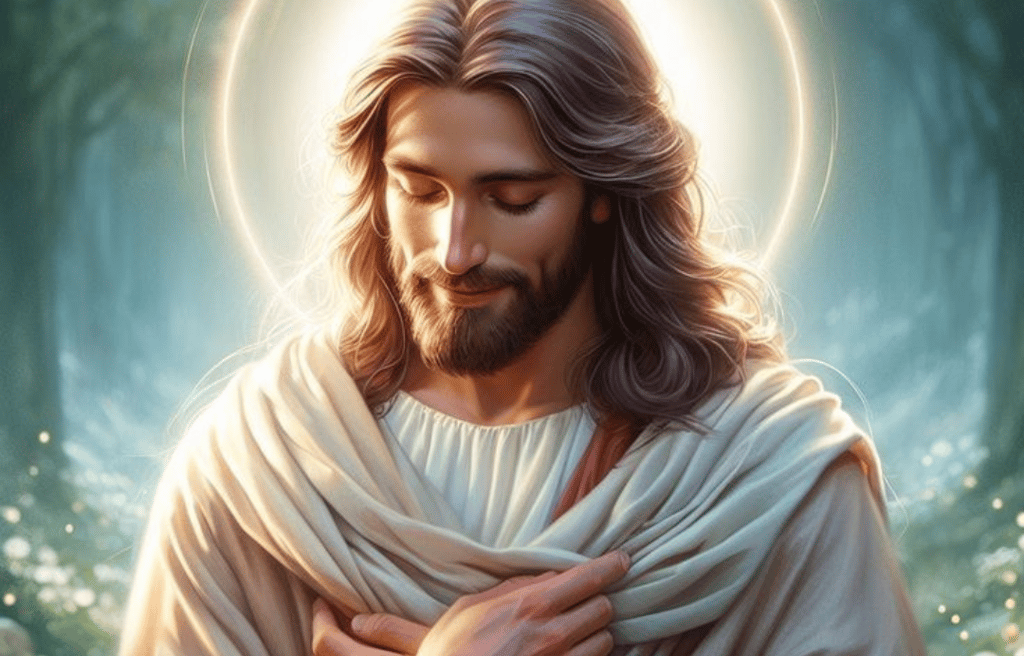A Love That Knows No Bounds: Why Jesus Taught Us to Love Our Enemies and Forgive Always
Explore why Jesus taught us to love our enemies and forgive always, reflecting the boundless love and grace of God. Discover how this radical message can transform our hearts and break the cycle of hate.
BIBLE INSIGHTS


The Radical Commandment
In the Sermon on the Mount, Jesus delivered a teaching that shook his followers to their core: "Love your enemies, bless them that curse you, do good to them that hate you, and pray for them which despitefully use you, and persecute you" (Matthew 5:44, KJV). This call to love, extending even to those who wrong us, seems counterintuitive and even impossible. Why would Jesus ask this of us?


Source: Google Image
Reflecting the Heart of God
The answer lies in understanding the very nature of God. Jesus, as the embodiment of God's love, reveals that God's compassion knows no bounds. Just as God "maketh his sun to rise on the evil and on the good, and sendeth rain on the just and on the unjust" (Matthew 5:45, KJV), we are called to mirror this unconditional love. Loving our enemies isn't about condoning their actions, but rather reflecting the boundless mercy and grace that God extends to all.
And to help you on this journey, be sure to download the free King James Bible app, which provides easy access to the scriptures, daily devotionals, and tools to deepen your faith.


Source: Google Image
Breaking the Cycle of Hate
Forgiveness, a close companion to loving our enemies, is another radical teaching of Jesus. He reminds us, "For if ye forgive men their trespasses, your heavenly Father will also forgive you: But if ye forgive not men their trespasses, neither will your Father forgive your trespasses" (Matthew 6:14-15, KJV). Holding onto anger and resentment only serves to poison our own hearts. When we forgive, we break free from the cycle of hate and create space for healing and reconciliation.
Loving our enemies and forgiving unconditionally are not easy tasks. They require a conscious choice to rise above our natural inclinations and embrace a love that is rooted in the divine. Yet, it is through these acts of radical love and forgiveness that we truly begin to reflect the image of God and experience the transformative power of His grace.
